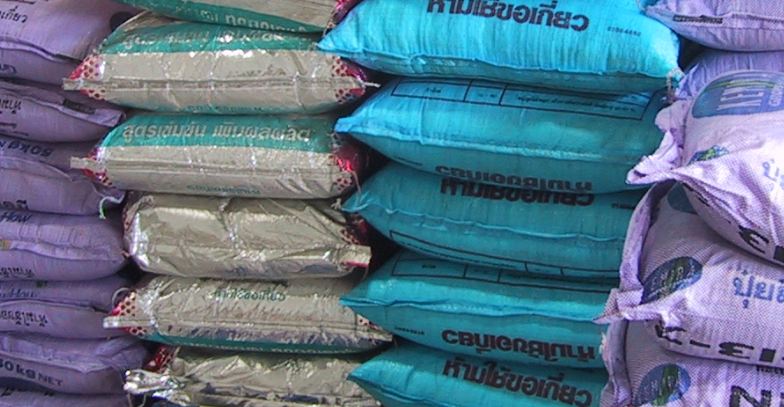This is the second in a series of posts which will provide short extracts from my new book on Thailand’s Political Peasants. In the first extract I wrote that “rural Thailand’s new ‘political society’ is energized by a fundamental desire to be productively connected to sources of power.” My approach to “political society” is taken not from political science (where the term is often used to refer to political parties, the electoral system, and the legislature) but from the anthropologist Partha Chatterjee, especially his book on The Politics of the Governed and an important article on “Peasant cultures of the twenty-first century.” Here is how I summarise some aspects of Chatterjee’s work in Thailand’s Political Peasants (21-22)
Chatterjee argues that a new form of “political society” has emerged based on the productive interaction between peasant culture and the governing practices of the modern state. Within this political society, local political identities are not remnants from a pre-state era, nor do they emerge in opposition to the state; rather they are the product of engagement with the array of livelihood and welfare programs that the modern state provides. The state now contributes to the “preservation of peasant production and peasant cultures, but under completely altered conditions.” The governmental urge to maintain and improve the welfare of rural populations is motivated by norms of benevolence, the expectations of international aid donors, the state’s need to mitigate social disruption, the growing electoral power of rural voters, and recognition that the capital-intensive industrial sector cannot absorb the large numbers of people who could be displaced from economically unviable rural communities. Livelihood and welfare support is provided in the form of poverty alleviation programs, employment guarantees, microcredit schemes, and subsistence support. These various programs help to sustain agricultural commercialization and livelihood diversification, but they are usually oriented toward guaranteeing livelihood security rather than promoting capital accumulation. In this sense, state support tends to preserve the peasantry rather than fundamentally transform it.
Chatterjee’s discussion of political society, although it has some limitations, is very useful for understanding recent political developments in Thailand. As I write a little later in the book, “the contemporary political energy of the peasantry does not come from fear about its dissolution, but from the dilemmas of its preservation” (56). I will discuss some of these dilemmas in the next post.
 Facebook
Facebook  Twitter
Twitter  Soundcloud
Soundcloud  Youtube
Youtube  Rss
Rss 